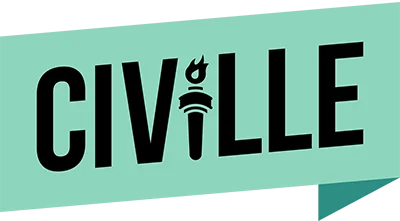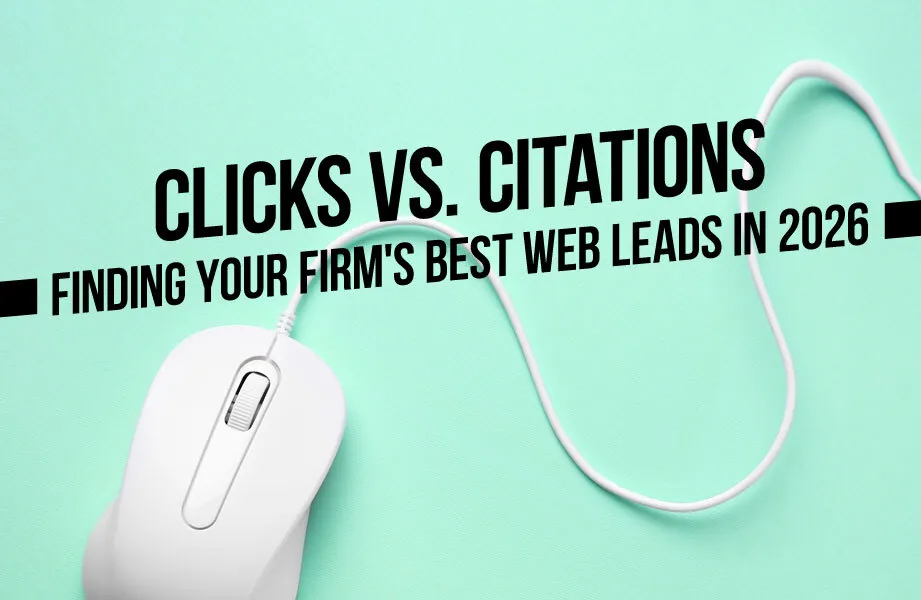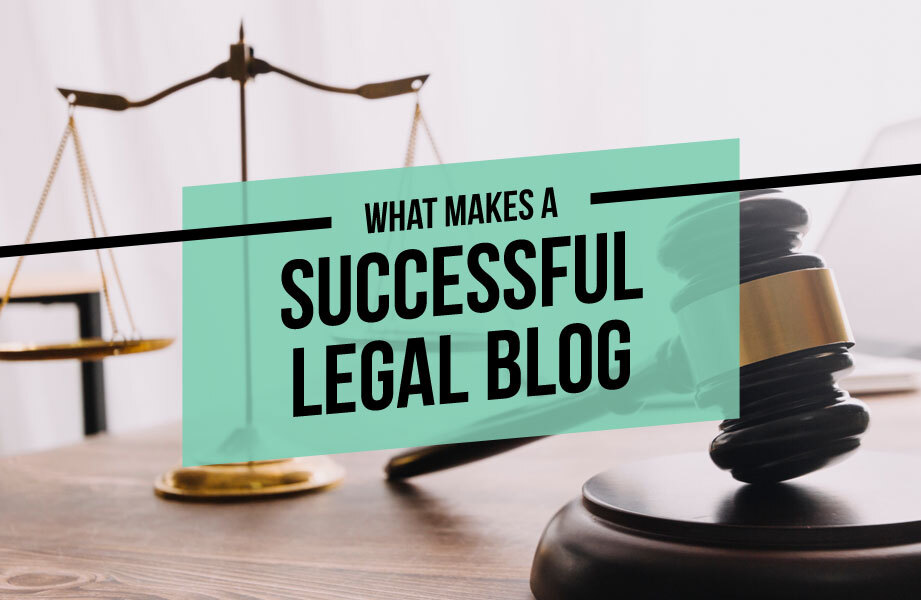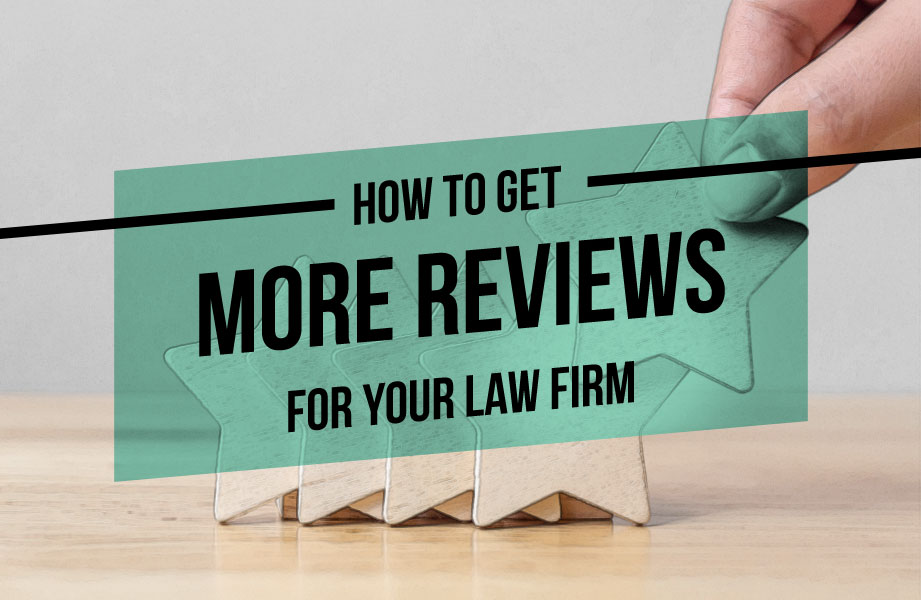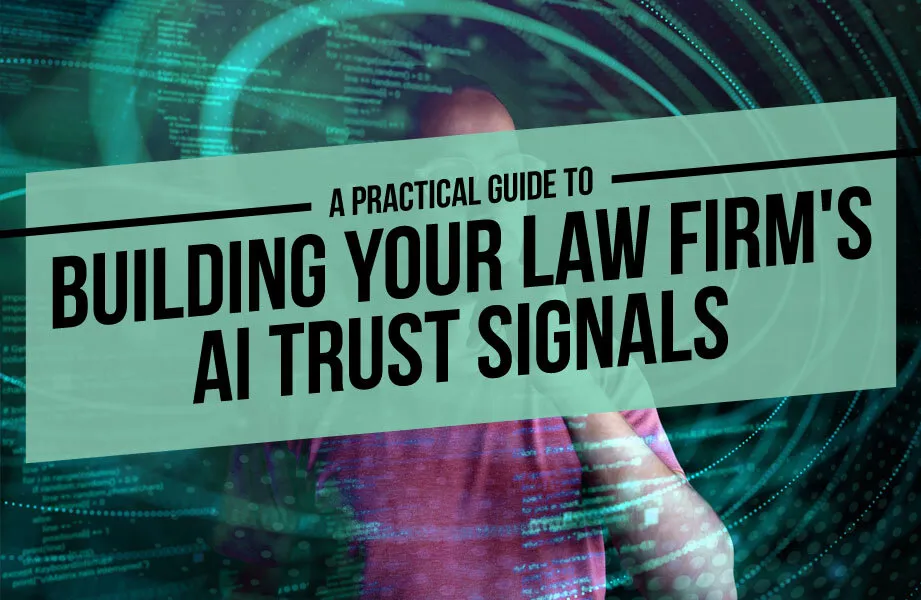
For a decade, SEO was often a game of cat and mouse. You could sometimes outsmart the algorithm with keyword stuffing, clever meta tags, or a high volume of generic blog posts. It was about signals, not necessarily substance.
In late 2025, that game is dead.
With the rise of AI Overviews and conversational search, Google isn’t just matching keywords anymore. It is reading, understanding, and judging your content like a human researcher. The AI’s primary directive is safety and accuracy. It is frantically searching for one thing above all else: Trust.
If your law firm’s website doesn’t scream “we are the experts” in a language the AI can understand, you won’t just lose rankings. You will be invisible. The new goal isn’t just to rank. It’s to be cited as the authority.
To do that, you need to build AI Trust Signals. Here is your practical guide to proving your worth to the machine.
The “Research Associate” Test
Before we get to the tactics, you need to understand the mindset. Stop thinking of Google as a robot that counts links. Think of Google’s AI as a highly skeptical, overworked research associate.
This associate has been tasked with finding the best answer to a complex legal question. It has read millions of pages. It is looking for the single most reliable source to present to its boss (the user).
When this associate lands on your website, what does it see?
- Does it see a faceless corporate entity with generic text?
- Does it see outdated blog posts from 2019?
- Or does it see a verified expert with a track record of real-world success?
Your job is to make it impossibly easy for this research associate to verify your credentials. You do this by feeding it specific, structured signals.
Read More: Does AI Traffic Still Convert for Law Firms?
Signal 1: The “Information Gain” Advantage
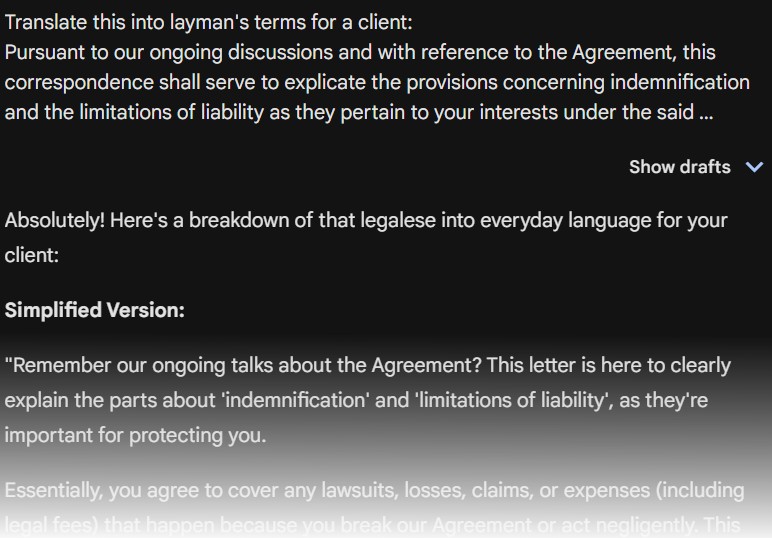
This is the most critical new concept in SEO. Google has a patent for something called Information Gain.
In the past, the advice was to write comprehensive content. If your competitor wrote a 1,000-word legal guide, you wrote a 1,500-word guide covering the same points. The result was an internet full of copycat articles that all said about the same thing.
AI hates copycats.
If your content just summarizes what is already on Wikipedia or Nolo.com, the AI has no reason to cite you. It already knows that information. To earn a citation, you must provide Information Gain, something new to add to the conversation.
How to Do It:
- Stop Summarizing the Law: Don’t just define “negligence.” Explain how negligence is uniquely interpreted in your local county courts.
- Use Proprietary Data: “We analyzed 50 local DUI cases from last year and found that…”
- Contrarian Insight: “Why the standard advice about pleading guilty is often wrong for first-time offenders in [Your City].”
- Anonymized Case Scenarios: “Here is exactly how we handled a complex asset division case involving a family business.”
Signal 2: Schema Markup (The AI’s Native Language)
You can write the most brilliant legal analysis in the world, but if the AI can’t parse who wrote it or what it is, it doesn’t count. This is where Schema Markup comes in.
Schema is “behind-the-scenes” code that acts like a label maker for your website. It explicitly tells the AI what it is looking at. It turns a block of text into a structured data point.
The “Must-Have” Schema for Law Firms:
LegalService: Tells Google, “This isn’t just a blog. This is a verified law firm.”Attorney: Labels your bio page not just as text, but as a specific professional entity with credentials.hasCredential: Explicitly links your bio to your bar admission and law school degree.FAQPage: Tells the AI, “This text is a question, and this text is the definitive answer.” This is the fastest way to get pulled into an AI Overview.
If your website doesn’t have rigorous schema implementation, you are speaking a foreign language to the AI.
Signal 3: High-Fidelity Video (The Ultimate Proof of Life)
In a world quickly filling up with AI-generated text and synthetic images, video is the new watermark of authenticity.
Google’s AI models (like Gemini) are now multimodal, meaning they can “watch” and “listen” to video content. They are looking for proof that your firm consists of real, breathing humans, not just a content farm churning out articles.
A generic “stock footage” video of a gavel banging or a handshake does nothing. To send a strong Trust Signal, you need High-Fidelity Personal Video.
What to Create:
- The “Attorney Intro” Short: A 60-second video on your bio page where you speak directly to the camera. You introduce yourself, explain your philosophy, and mention your local connection. This helps the AI verify the identity of the “Author” entity it found in your text.
- Client Testimonial Videos: Text reviews can be faked. A video of a real client sitting in your office, telling their story, is one of the strongest validation signals on the web.
Embedding these videos on your key pages tells the AI research associate: “This is a real place, with real experts, serving real people.”
Signal 4: Digital Consensus (The Outside Vote)
The AI doesn’t just trust what you say about yourself. It looks for “consensus” from the rest of the web. It checks if other trusted sources agree that you are an expert.
This is why your “off-site” SEO is still vital, but the focus has shifted.
- Niche Relevance over Volume: A link from your local Chamber of Commerce or a specific legal directory (like Justia or Avvo) is worth infinitely more than a link from a random blog.
- Consistent NAP: Your Name, Address, and Phone number must be identical across the web. If your Bar Association profile has an old suite number, it breaks the “consensus” and confuses the AI.
- Reviews as Data: To the AI, your reviews are a dataset. It analyzes the language to map your expertise. If the data consistently highlights “truck accidents” or “custody battles,” the algorithm learns to link your firm directly to those topics.
Making Your Firm an Authoritative Source for Google’s AI
Stop Guessing. Start Building Authority.
Building these signals isn’t a one-time task. It’s a complete restructuring of how you present your firm to the digital world. It requires technical precision (schema), editorial strategy (information gain), and reputation management (consensus).
You can try to retrofit your old website to do this. Or you can work with a partner who builds these signals into the foundation.
At Civille, we don’t just build pretty websites. We build Authority Platforms. We design every page, write every line of code, and structure every bio with one goal: to prove to Search and AI that your firm is the definitive expert in your market.
The AI is interviewing your firm every single day. Are you passing the test?
